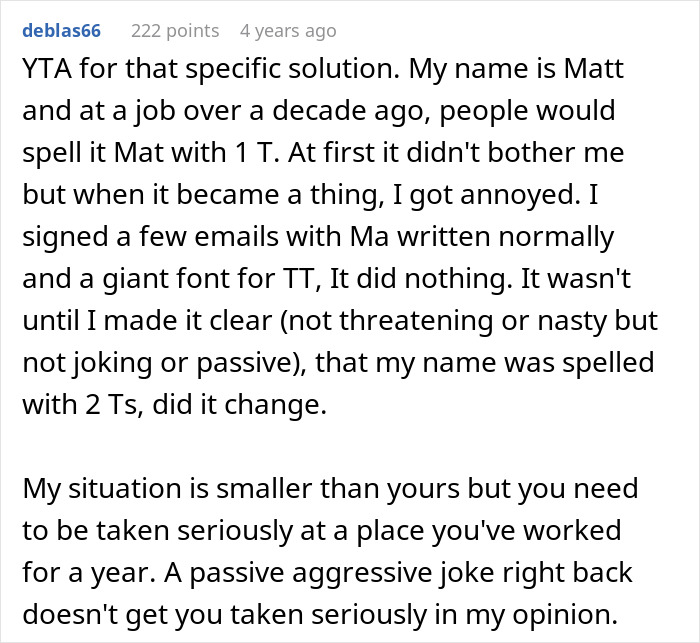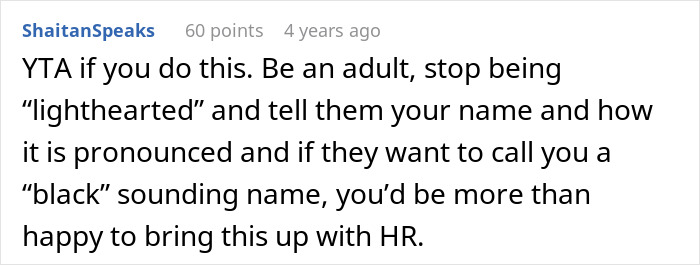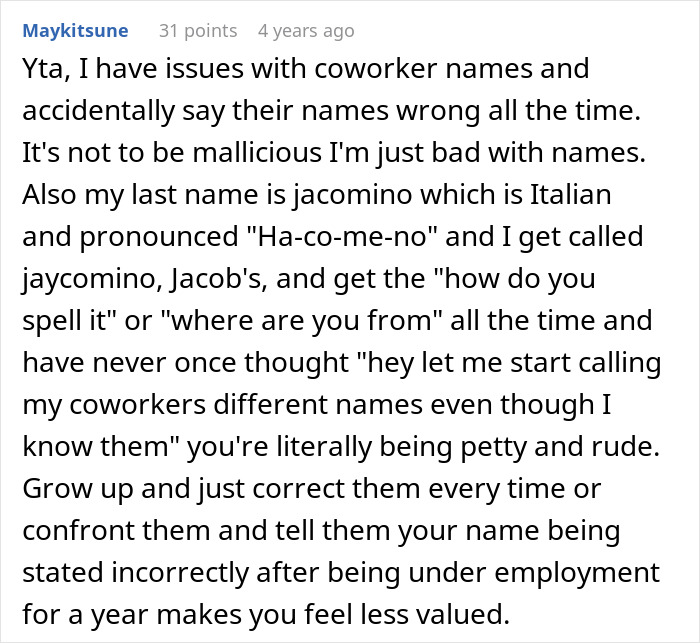A 2021 survey revealed that Black women are less likely to feel treated with respect in the workplace. Today’s story from Reddit user tinanottiana revolves around that premise.
Tina is the only Black person in her office. According to her account, colleagues have repeatedly mispronounced and misspelled her name, likely as a form of cultural appropriation. While she doesn’t see it as overt racism, Tina is nonetheless annoyed by it.
As a form of payback, she stopped correcting her peers and instead began addressing them with generic “white” names. Feeling unsure if she was wrong for doing so, she sought answers from the internet.
Race-related issues in workplaces continue to exist and cause problems

The woman in the story experienced being called the wrong name by colleagues for an entire year
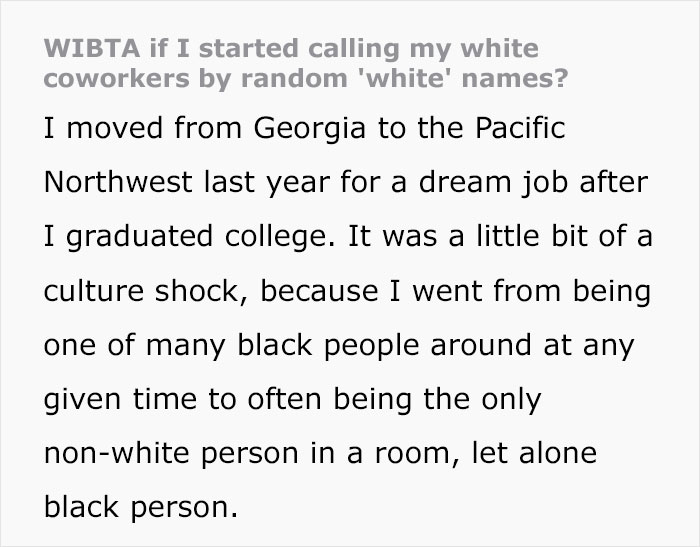
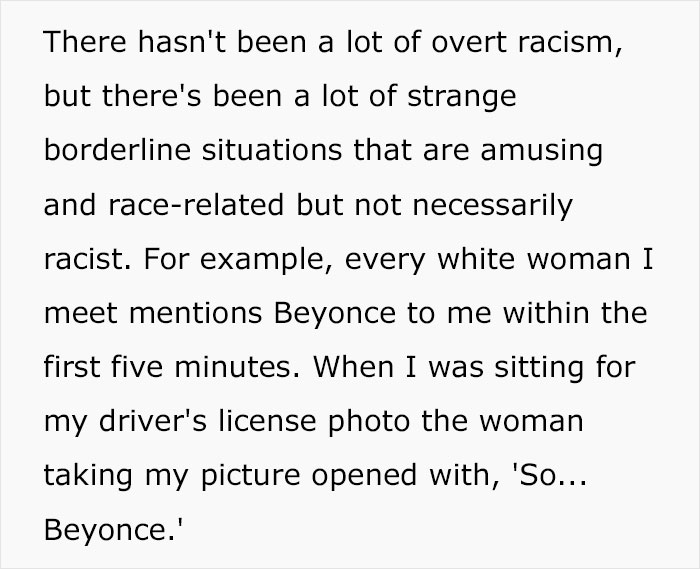
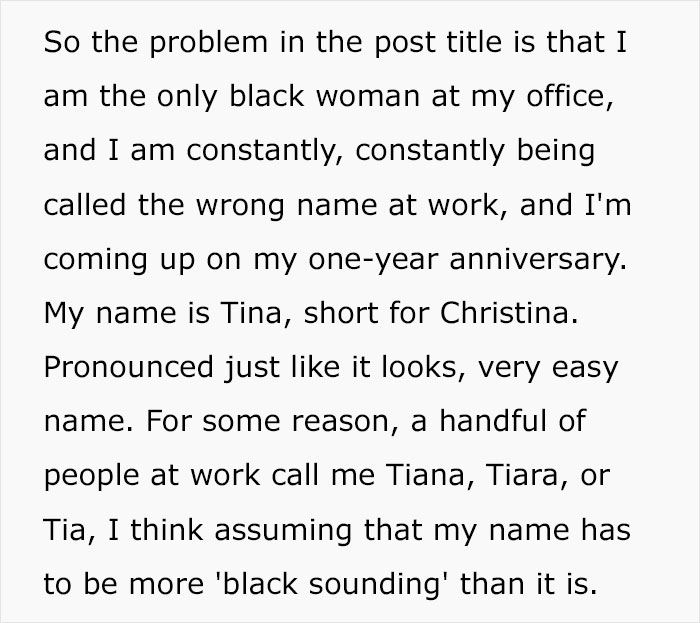
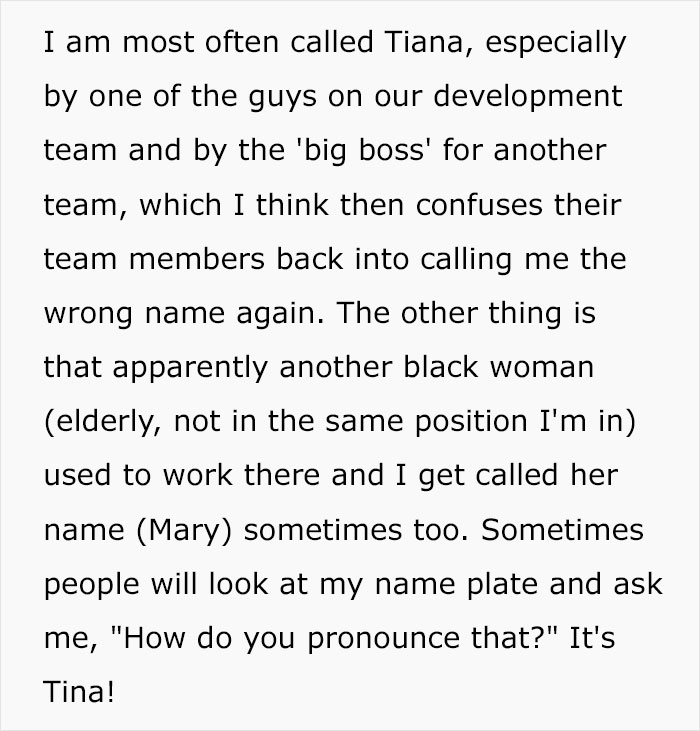

Image credits: nd3000 / envatoelements (not the actual photo)
After many failed attempts to correct them, she began addressing each one using random ‘white’ names
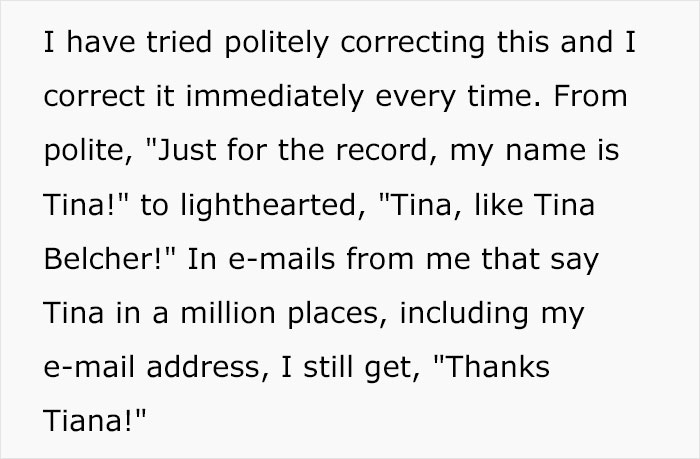
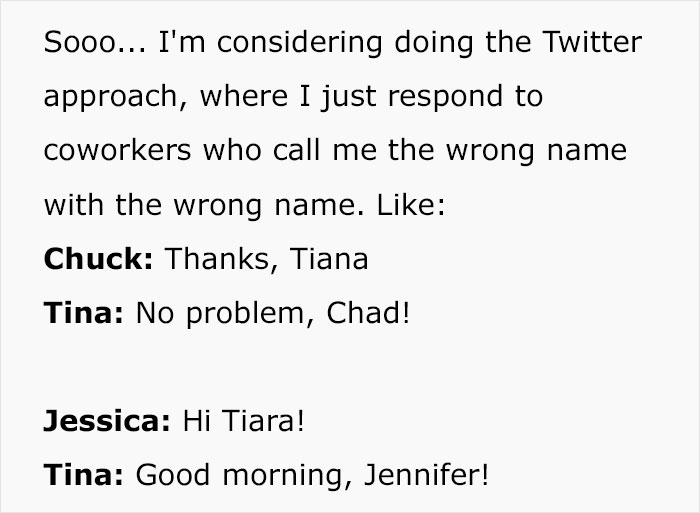
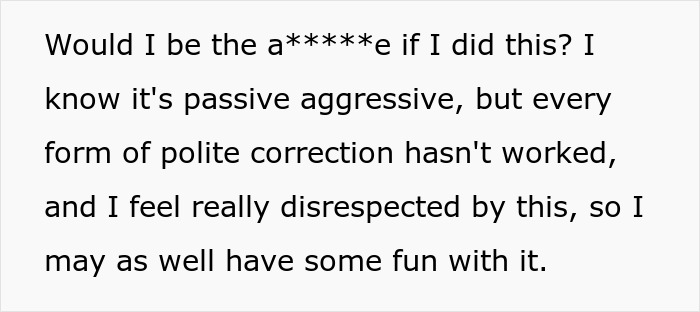
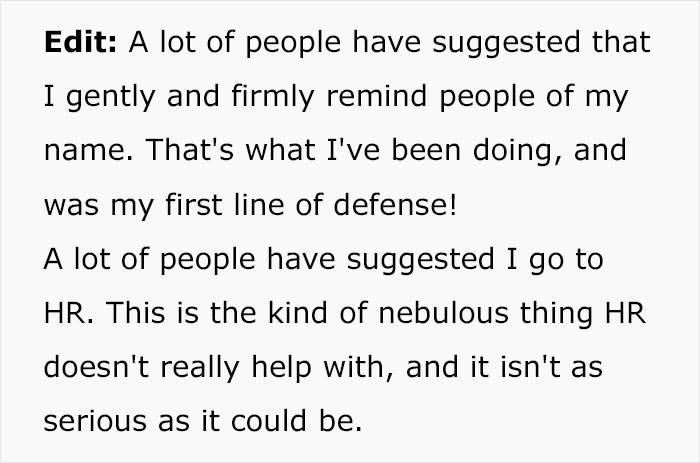
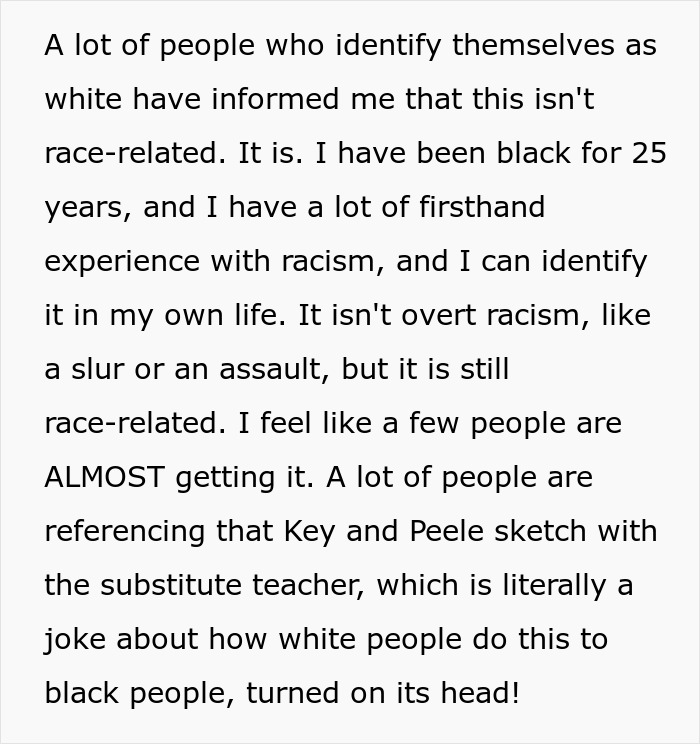
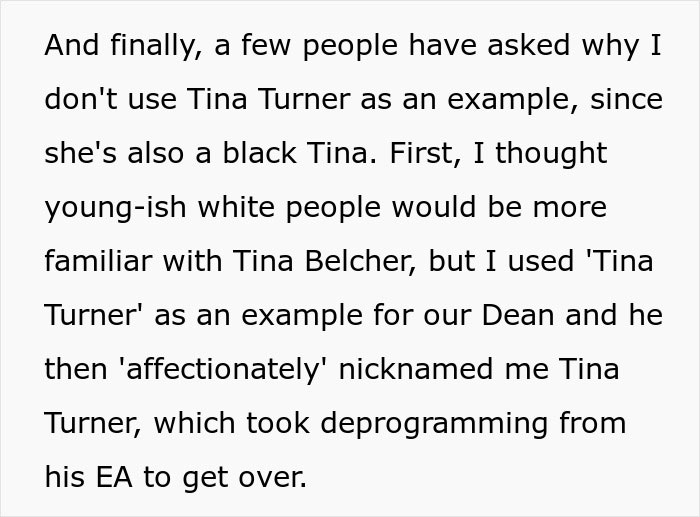
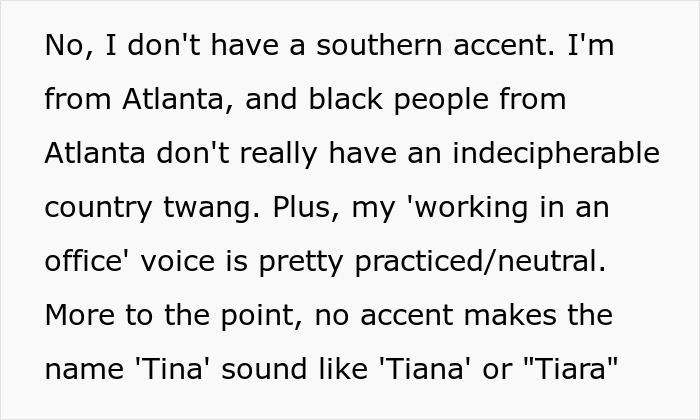



Image credits: tinanottiana

Image credits: voronaman111 / envatoelements (not the actual photo)
People of color are often misidentified because of inherent biases
According to a 2019 study by the University of California, Riverside, many find it challenging to distinguish people of different races. This is known as the “other-race effect.”
The study involved 17 white participants examining photos of Black and white faces on a monitor. They did it while lying inside an MRI scanner to help track the shifts in brain activity. Researchers would then digitally alter the images to varying degrees to show changes in facial features.
The findings showed that the participants found noticing the subtle differences in the white faces easier. On the other hand, they weren’t able to distinguish changes made to the photos of Black faces.
Because of this inherent bias, people are more likely to make generalizations about people of different ethnic backgrounds.
“We are much more likely to generalize negative experiences if we see individuals as similar or interchangeable parts of a broad social group,” said UC Riverside psychologist Brent Hughes, who also led the study.
As a result, many people of color find it difficult to be themselves in a professional setting

Image credits: fauxels / pexels (not the actual photo)
Based on her account, the original poster seemed secure about being herself despite being the only minority in her office. However, the same cannot be said for other people of color, who hide or change their identities.
A 2021 BBC report shared the story of 26-year-old Renée Jarvis, a Black literary agent based in New York City. She usually wore her hair in a braid or a twist, but she changed how she looked during virtual meetings.
“For some reason, when I get on a Zoom call, I’m like, OK, let me put on a wig… subconsciously, it’s for me to be like, ‘Let me be more presentable on this camera.’”
Renée’s mini-transformation is known as code-switching. While the term primarily pertains to shifting from one dialect or language to another, some experts attribute it to changing physical appearances.
As Cornell University organizational behavior professor Dr. Courtney McCluney explains, code-switching can also refer to modifying how a workplace looks. In her case, she blurs her virtual background to conceal the African culture artwork on her wall and avoid questions from colleagues.
And for Dr. McCluney, the need to change oneself to adapt and fit in can be taxing.
“We have figured out these strategies like code-switching to protect ourselves at work. Now that we’re not able to protect ourselves in the same way and you’re asking us to disclose more and more aspects of ourselves… a lot of black people are exhausted.”
The original poster is among the 91% of workers who have faced some form of discrimination. While reporting to HR isn’t part of her plan, seeking advice from an employment attorney could be another option.
The comments section was divided, and those who sided with her shared similar experiences
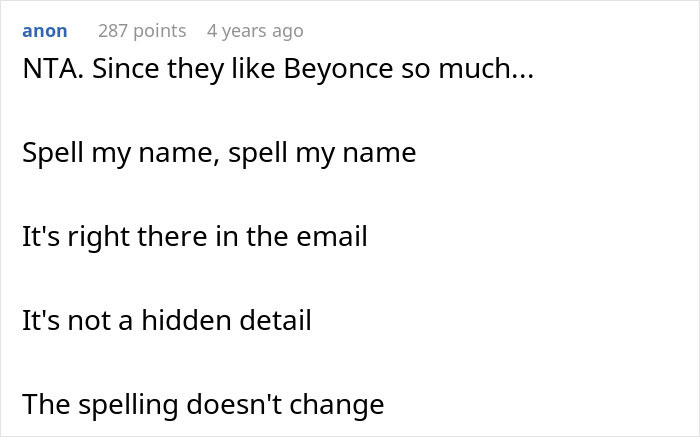





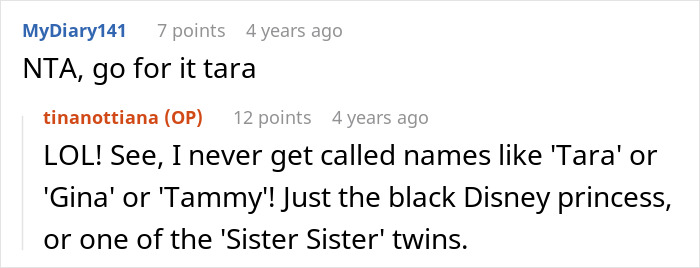
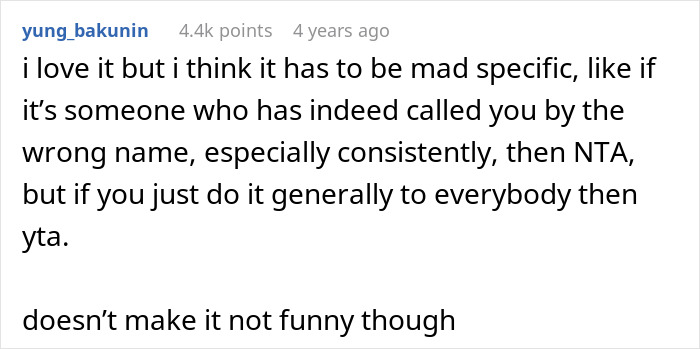

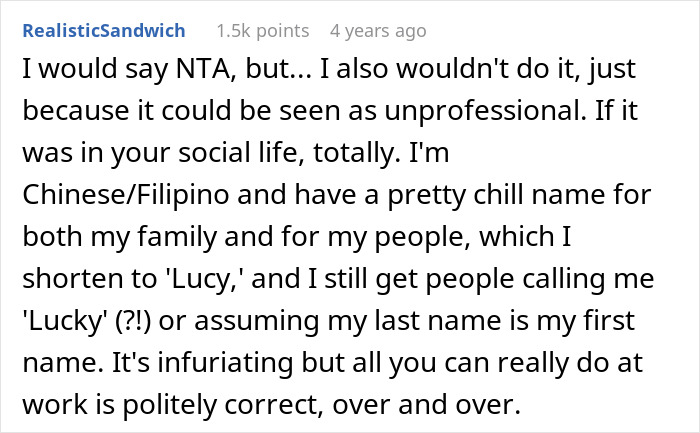
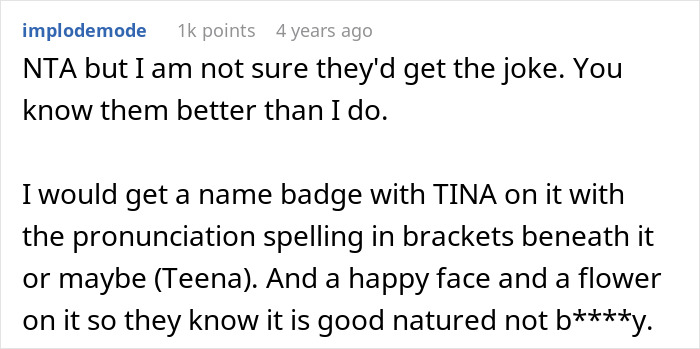
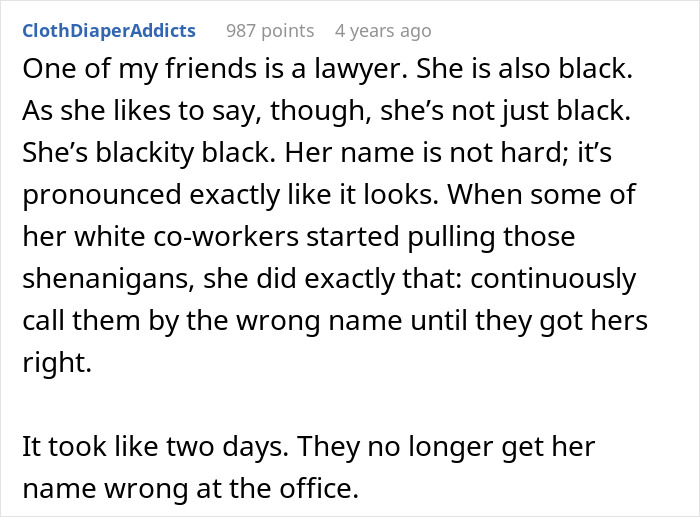
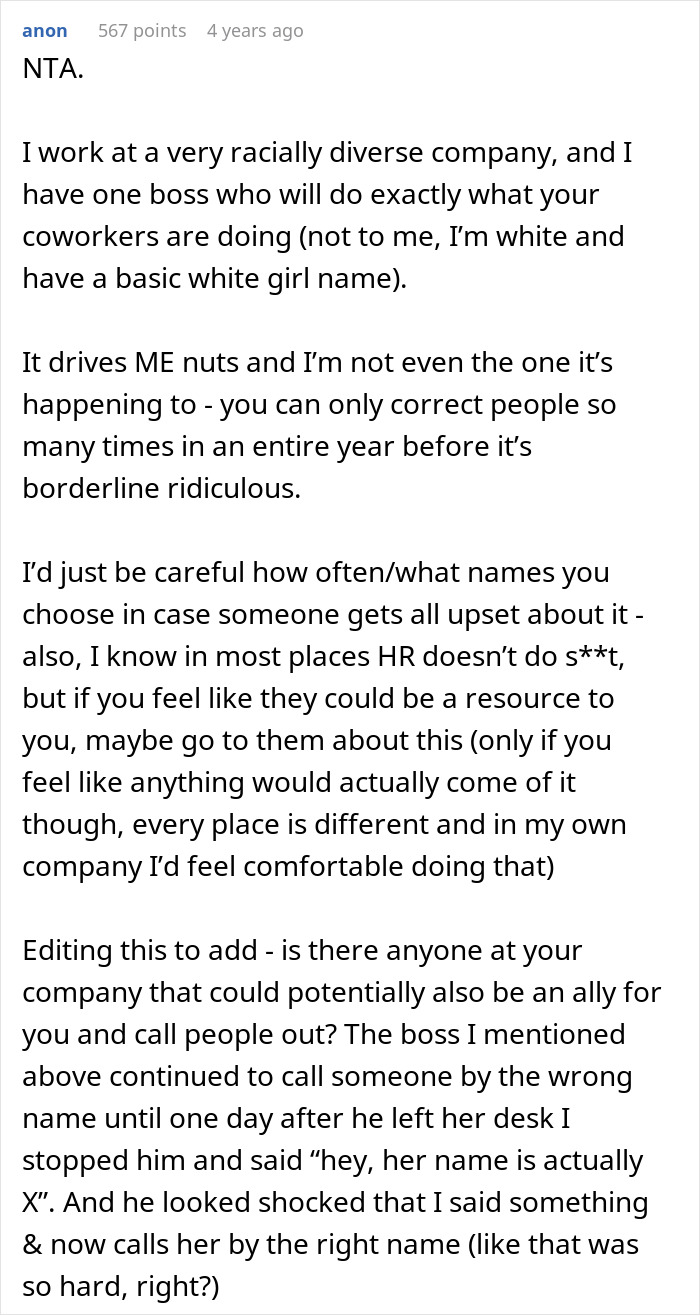

But those who said she was in the wrong pointed out her intended actions for the situation
